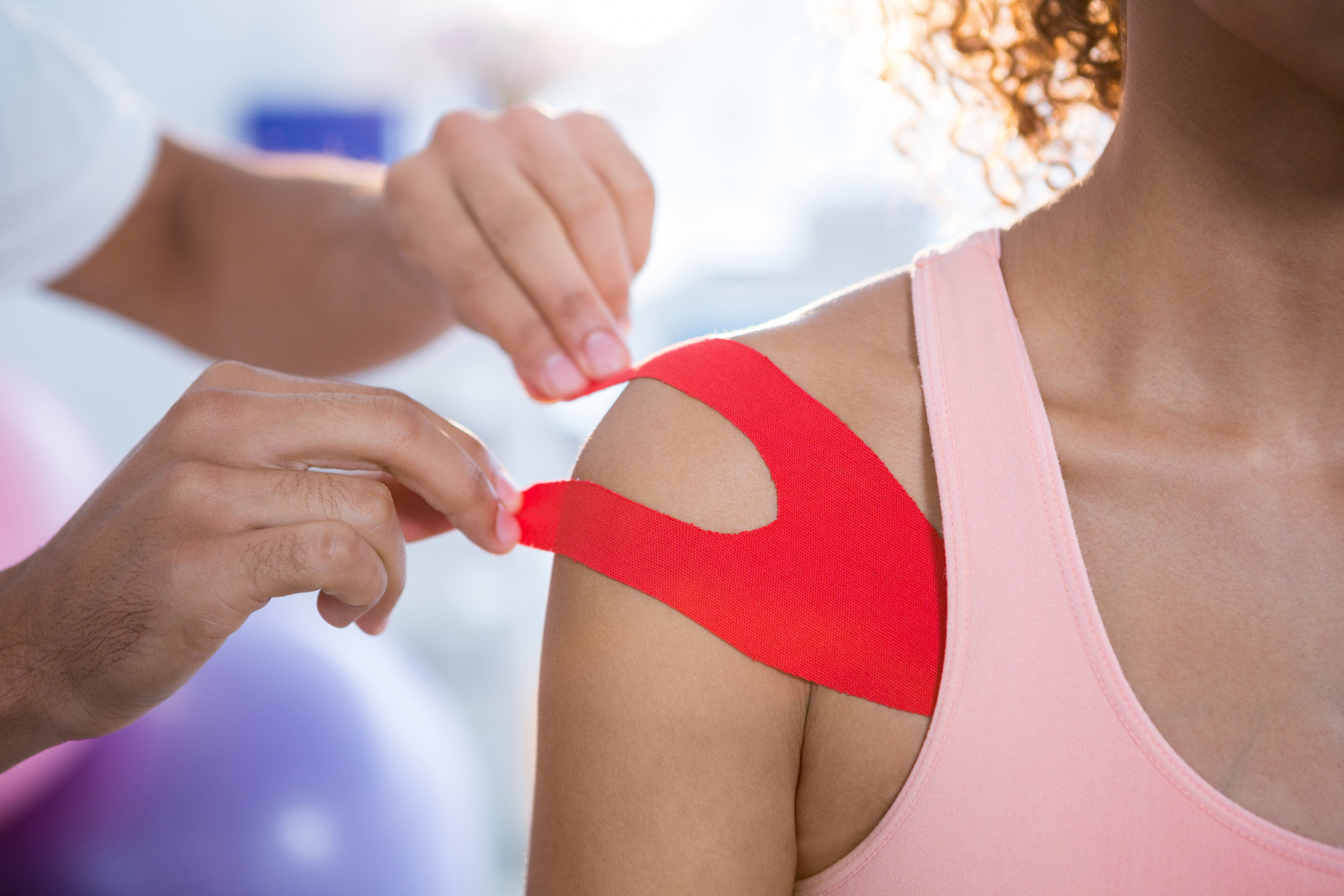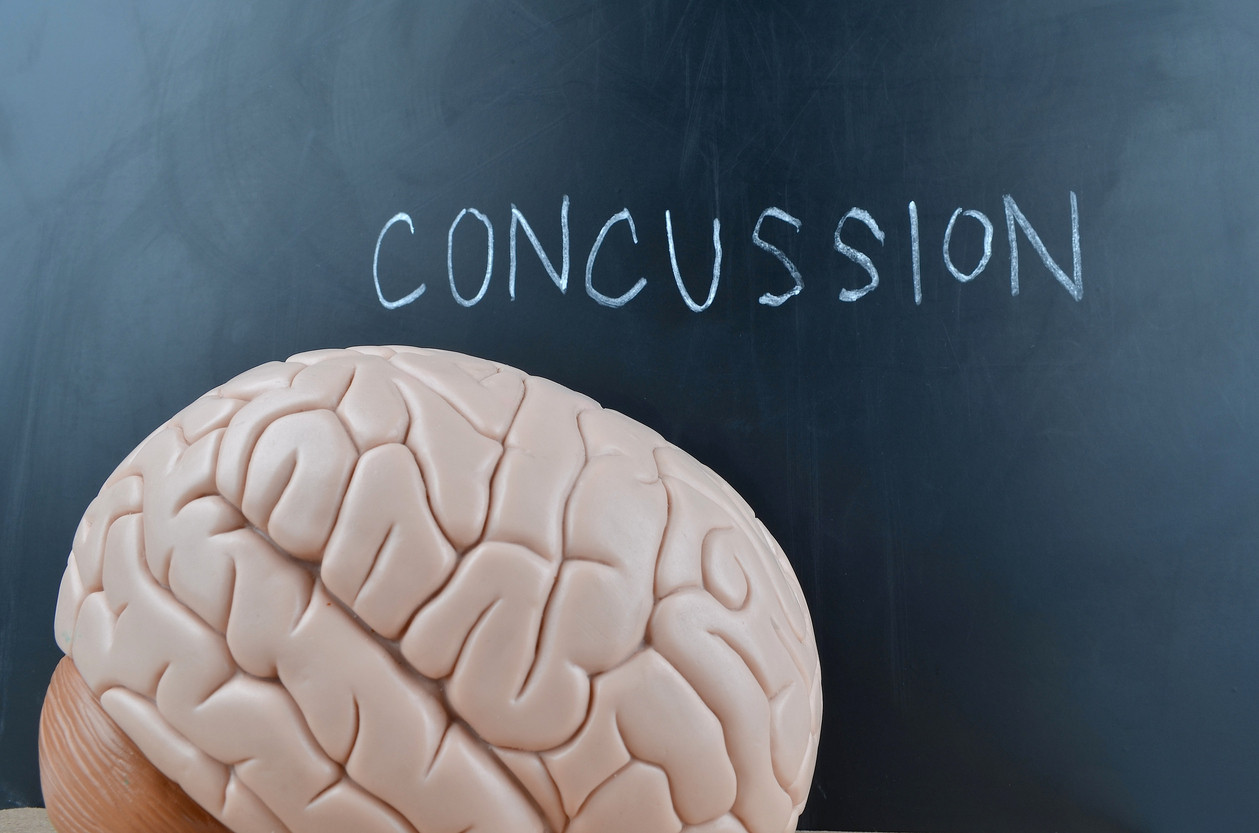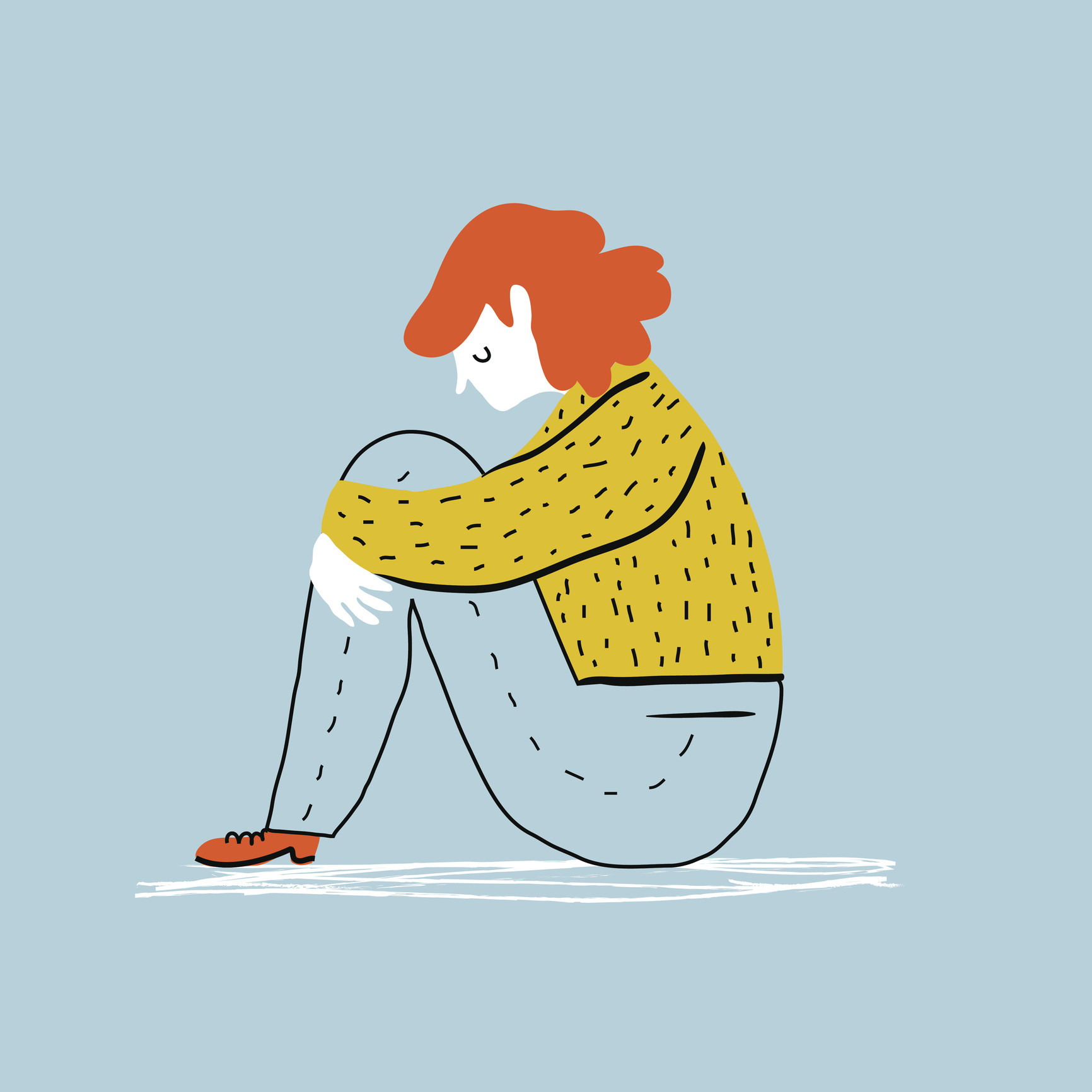
5 timeless habits for better health

What are the symptoms of prostate cancer?

Is your breakfast cereal healthy?

When pain signals an emergency: Symptoms you should never ignore

Does exercise give you energy?

Acupuncture for pain relief: How it works and what to expect

How to avoid jet lag: Tips for staying alert when you travel

Biofeedback therapy: How it works and how it can help relieve pain

Best vitamins and minerals for energy

Should you take probiotics with antibiotics?
Harvard Health Blog
Read posts from experts at Harvard Health Publishing covering a variety of health topics and perspectives on medical news.
Articles
Insurance plan networks: 5 things you need to know
Understanding all the details of your health insurance plan’s coverage can help prevent unexpected charges for out-of-network visits, particularly when away from your local coverage area.
What’s new with the flu shot?
If you are planning to get a flu shot but have not yet done so, it may be worth waiting a little longer, as data on patients from four recent flu seasons found that protection against the virus declined over the course of the winter.
The cost of chronic pain
Even with comprehensive insurance, people with chronic conditions must shoulder the costs of many treatment-related expenses that are not covered because they are considered complementary or alternative therapies.
I love my kids but they’ve ruined my neck
People who have kids spend a lot of time looking down. Even those who don’t probably spend a lot of time looking down at their phone, tablet, or laptop. Either way it’s bad for the neck muscles; a physical therapist offers some advice.
We heard you — incontinence affects men too. Here’s what you need to know
Urinary incontinence is more common in women, but men experience it too, particularly as they get older. Whether it’s urge incontinence or stress incontinence, there are strategies and treatments that can help.
New study downplays potential risk of dementia and Alzheimer’s disease among elderly men treated with hormonal therapy for prostate cancer
The male hormone testosterone contributes to normal brain function, and some research links memory loss in older men to testosterone declines that occur naturally with aging. However, testosterone is also like jet fuel for prostate tumors, causing them to grow faster, so during cancer treatment doctors will often give hormonal therapies that suppress its activities […]
Using social media to help parents get vaccine questions answered
Doctors want their patients to have access to accurate and helpful health information, and today that means online. Researchers found that expectant mothers who used a website that provided information about vaccines were more likely to get their babies vaccinated.
Addiction, the opioid crisis, and family pain
The changes in understanding around substance use disorders are making treatment more readily available to those who need it and reducing the stigma attached to addiction, but may make those with addiction in their family history feel that the change has come too late for them.
5 things parents and teachers need to know about ADHD
As many as 10% of children in the US have attention deficit hyperactivity disorder, creating challenges for them as well as teachers, classmates, and family members. Understanding the condition is crucial to treating it successfully.
4 tips for teaching your child how to ride a bike “on the road”
Once you have taught a child the mechanics of riding a bicycle, the real challenge is teaching them how to ride safely on the streets. Our tips will help instill important safety and awareness practices in your young rider.
Contrary to popular belief, epidurals don’t prolong labor. Phew.
Challenging a long-held belief, a new study found that women who received epidural anesthesia during labor did not have prolonged labor or higher rates of cesarean births.
What parents should know — and do — about young children and mobile devices
Use of mobile devices by children up to age 8 has exploded in recent years. This isn’t necessarily bad, but parents should be aware of how much time their children are spending on devices daily, and make the effort to ensure they are being used responsibly and appropriately.
Study investigates treatment regret among prostate cancer survivors
Surveys of over 900 men who were diagnosed with prostate cancer in the 1990s found that approximately 15% had some regret over their treatment choices. Study authors encourage doctors and patients to have frank and thorough discussions about about the risks and benefits of various forms of treatment for prostate cancer.

5 timeless habits for better health

What are the symptoms of prostate cancer?

Is your breakfast cereal healthy?

When pain signals an emergency: Symptoms you should never ignore

Does exercise give you energy?

Acupuncture for pain relief: How it works and what to expect

How to avoid jet lag: Tips for staying alert when you travel

Biofeedback therapy: How it works and how it can help relieve pain

Best vitamins and minerals for energy

Should you take probiotics with antibiotics?
Free Healthbeat Signup
Get the latest in health news delivered to your inbox!
Sign Up

























